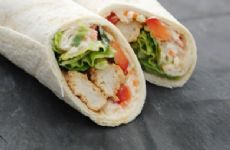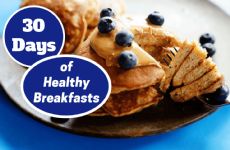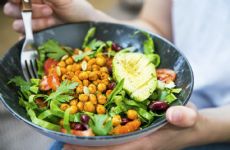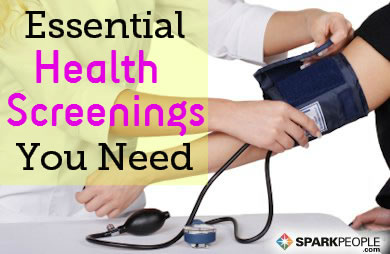|
Rise and shine, or rise and dine? For decades, eating breakfast on the daily has been heralded as the cornerstone of a healthy diet, with countless studies linking morning meals to everything from better academic performance to more efficient glucose metabolism to reduced risk of heart disease. For many, it provides the necessary fuel to tackle an early workout or demanding workday. If you're trying to slim down, breakfast has also been shown to give you an advantage in the weight loss department. But recently, new research emerged suggesting that it may be okay for dieters to skip breakfast. In one Canadian study of more than 12,000 people, there was no significant difference in body mass index between the groups who started their days with morning meals and those who opted out. And other studies have suggested that minifasting, or occasionally skipping meals—breakfast, perhaps—could help regulate blood sugar, boost energy and strengthen immunity. Complicating things further, a 2016 Yale study showed that eating two breakfasts could do more to prevent childhood obesity than skipping breakfast, the idea being that breakfast-skippers would be more likely to overeat later in the day. "In addition to preventing obesity, eating breakfast has also been linked with better concentration and test scores in school-aged children, as well as reducing incidence of hunger, notes Lisa Andrews, registered dietitian with Sound Bites Nutrition. "As 15 million children suffer from food insecurity in the U.S., offering breakfast at school is a great alternative to combating malnutrition as well as obesity." With all of these conflicting reports hitting your newsfeed, what's the definitive answer on the a.m. eating debate? SparkPeople's registered dietitian, Becky Hand, is here to break it down. One Breakfast Does Not Fit All Hand's quick answer to whether breakfast is beneficial or expendable: It depends. "One-size-fits-all nutrition recommendations just don't work, and that includes breakfast," she says. "It's not realistic to make a general recommendation that everyone needs to eat breakfast within a certain time of waking." According to Hand, the question of when and if to eat first thing in the morning hinges on many different factors, such as age, medical needs, physical and mental demands, and hunger scale and food availability throughout the morning hours. For example, a construction worker who will spend the next six hours digging a ditch likely needs more early sustenance than a teenager who will sleep until mid-morning, and someone who will be doing creative work at a computer may need more fuel than someone performing routine tasks. If you typically become grouchy or fatigued when you go a few hours without eating, you're probably not a good candidate for waiting until noon to nosh. "When determining the importance of breakfast, also consider the quality of that breakfast," Hand recommends. Chocolate-covered puffs of dough won't deliver the same benefits as, say, scrambled eggs with whole-wheat toast or an apple with peanut butter. The Breakfast Bottom Line The only way to determine whether breakfast is essential or dispensable is to assess your situation and your eating plan, says Andrews. If you don’t have much of an appetite in the mornings, you’re already a healthy weight and your a.m. activities don’t require early fuel, you may be able to skip it. But if you tend to wake hungry and your body needs sustenance to perform critical morning tasks, you’re a good candidate for a healthy breakfast. The quality of the food also plays a big factor in the decision to skip or not to skip. If you usually start the day with sugary cereal or donuts, which add more empty calories than sustaining fuel, your diet won’t suffer without it. But if you reach for high-protein, relatively low-calorie breakfasts that help curb cravings and keep you full until lunch, your current eating plan is likely serving you well. And in the event that hunger strikes early, it's always a good idea to have high-quality foods readily available. "If food is not available or there is no time for a break, you may need to force yourself to eat a lighter breakfast earlier in the morning to stay in working action until noon," Hand says. Short on time but big on hunger? Check out these quick and healthy breakfast ideas to get your engine going in 10 minutes or less. What do you think about the purported benefits of eating (or skipping) breakfast? Do you eat a full breakfast, grab a quick snack on the run or just wait until lunch? *Updated 7/19/16 to ensure accuracy of research findings. |
More From SparkPeople
|

















.png)


.jpg)
